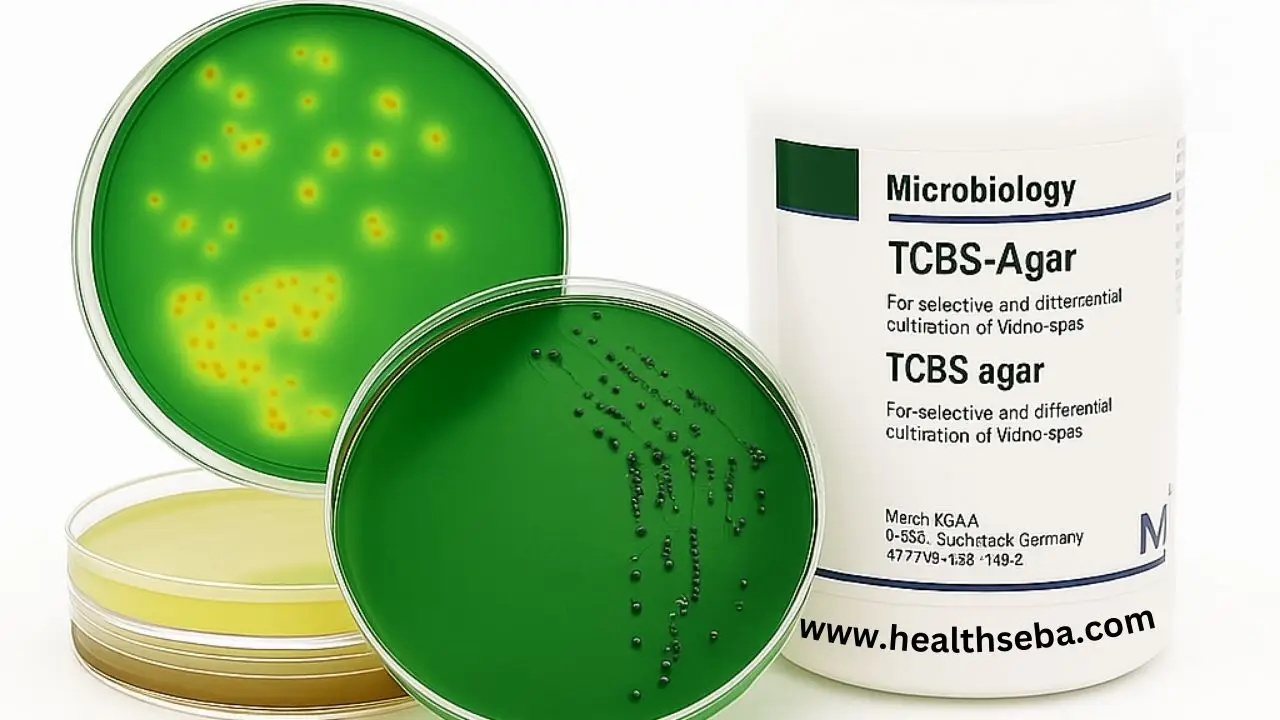Introduction
The Catalase Test is a widely used biochemical test in microbiology that detects the presence of the enzyme catalase in bacteria.
Catalase breaks down hydrogen peroxide (H₂O₂) into water and oxygen, protecting bacteria from oxidative damage.
This test is especially important for differentiating Staphylococci (positive) from Streptococci (negative).
Principle
Some bacteria produce the enzyme catalase.
When hydrogen peroxide (H₂O₂) is added to the bacterial culture:
Catalase breaks it down into water + oxygen gas.
The release of oxygen appears as bubbling/effervescence.
Reaction:
2 H₂O₂ → 2 H₂O + O₂ (gas bubbles)
Positive result → rapid bubble formation.
Negative result → no bubbles.
Procedure
Take a clean glass slide.
Place a drop of 3% hydrogen peroxide solution on it.
Using a sterile loop, transfer a small amount of the bacterial colony onto the drop.
Observe immediately for bubble formation.
⚠️ Note: Avoid using colonies from blood agar because RBCs contain catalase, which can give a false-positive result.
Interpretation
| Result | Observation | Interpretation |
|---|---|---|
| Positive | Rapid bubble formation | Catalase enzyme present |
| Negative | No bubbles formed | Catalase enzyme absent |
Examples of Bacteria
✅ Catalase Positive Bacteria
Staphylococcus spp.
Micrococcus spp.
Mycobacterium tuberculosis
Listeria monocytogenes
Bacillus spp.
❌ Catalase Negative Bacteria
Streptococcus spp.
Enterococcus spp.
Lactococcus spp
Uses of Catalase Test
Differentiates Staphylococcus (positive) from Streptococcus (negative).
Helps identify Mycobacterium species.
Used in the classification of Gram-positive cocci.
Aids in rapid preliminary diagnosis in clinical microbiology labs.
Conclusion
The Catalase Test is a rapid, simple, and reliable biochemical test that detects the presence of the catalase enzyme. It is crucial for differentiating Staphylococci from Streptococci and plays an important role in bacterial identification in diagnostic microbiology.
